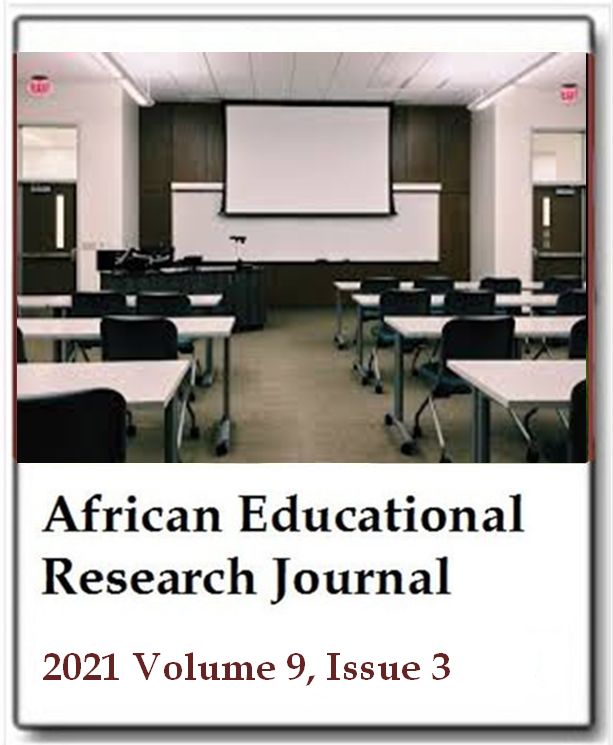Problem and project-based learning as an educational philosophy: A novel conceptual model for higher education
Güneş Korkmaz and Nurdan KalayciAfrican Educational Research Journal
Published: September 7 2021
Volume 774-789
DOI: https://doi.org/10.30918/AERJ.93.21.111
Abstract
Educational transformation at universities driven by the radical changes in society, culture, politics, economy, technology and industry has changed the knowledge, skills and competences demanded from individuals in professional life. This has also led to the problem and project-based learning (PBL) to gain importance once again. PBL is a learning model that all curriculum components are oriented at problems. This study aims to analyze the evolution of PBL from a teaching method to educational philosophy and to propose a novel conceptual model for an institution-level PBL design. This paper is based on a narrative approach to analyze the literature, proposes new relationships among constructs and creates links between existing theories to give a novel and broader insight to the theories using a combination of theory synthesis, adaptation, typology, and model. We think that problem and project-based learning should be considered together to create a framework to design a curriculum in higher education to bridge the gap between theory and practice. Also, we believe that the PBL model we proposed in our study can shed light on the practice of the universities in performing their educational and societal roles.
Keywords: Problem-based learning, project-based learning, PBL curriculum, curriculum development, higher education curriculum.
Full Text PDFThis article is published under the terms of the Creative Commons Attribution License 4.0

